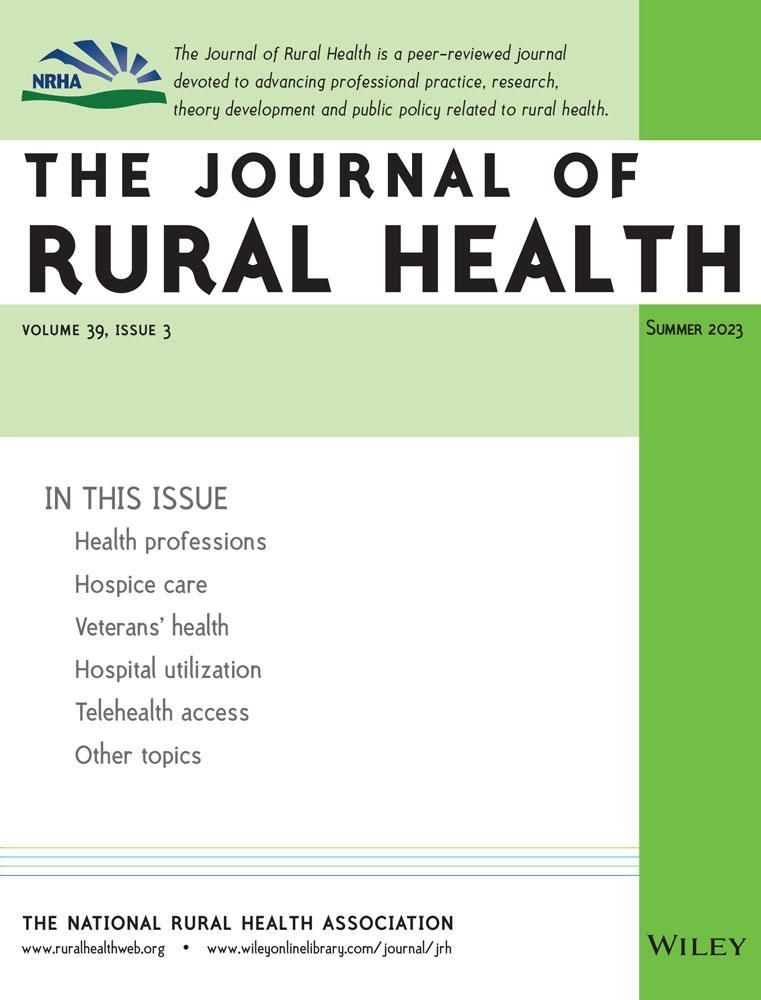Headline
Participation in syringe service programs can support motivation to change substance use behaviors and increase treatment participation in a rural setting.
Context
Substance use disorder (SUD) and opioid use disorder (OUD) are increasingly prevalent in the U.S. and pose significant risks to health and well-being as well as an increased risk for mortality. The state of Kentucky experiences a higher population of residents with OUD compared to national averages, particularly in rural areas of the state. Socioeconomic, co-morbid psychiatric conditions, as well as social and environmental factors can all increase vulnerability to SUD and impact the access individuals have to services. Syringe service programs (SSPs) are anonymous programs designed to distribute sterile injection equipment to people who inject drugs (PWID) at no cost, with the goal of reducing infections and disease transmission. SSPs have been widely implemented, especially in urban settings. In this study, the authors examine uptake of SSPs in rural Kentucky as well as the health and behavior outcomes of program participants.
Findings
The study sample included 186 PWID from SSPs in three county health departments in rural Kentucky. All SSPs were operating for at least nine months prior to initiation of the study. The authors saw a moderate uptake of SSPs and reported that nearly half of the participants visited the program at least six times within a six-month period. The authors reported that consistent SSP uptake was linked to significantly greater odds of current treatment participation.
Takeaways
This study offers moderate evidence to support that implementation of SSPs in rural areas can promote confidence and motivation to change substance use behaviors among PWID and increase the odds of treatment participation. SSPs are a critical opportunity to expand access to harm reduction and other prevention services and increase linkages to SUD treatment and services for people experiencing SUD and OUD.



